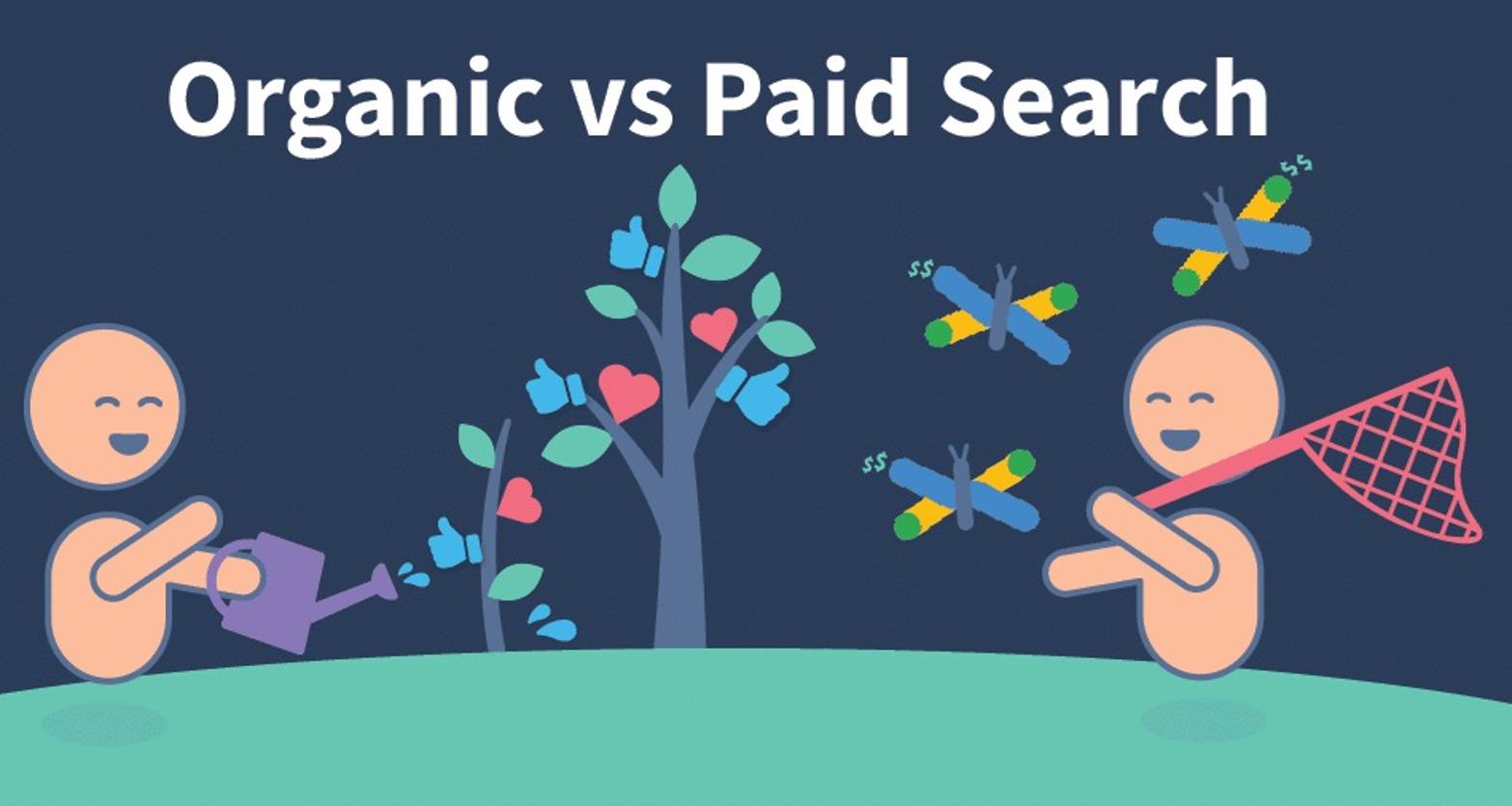Let’s face it: anyone can slap a paid ad on Google and land at the top of the page, but how sustainable is that really? Sure, it gives you a quick hit of visibility, but if your long-term growth strategy revolves around shelling out cash for clicks, you’re caught in a self-destructive cycle.
Getting high organic rankings isn’t just about saving money—though that’s a huge perk. It’s about building credibility, trust, and sustainability.
When people find your website because of well-crafted, relevant content, you’re not just buying their attention—you’re earning it. And that’s priceless.
Here’s the thing about paid ads: once the budget dries up, so does your traffic. It’s a treadmill you can never really get off unless you’ve got deep pockets.
Scaling means setting up systems that work for you, even when you’re not feeding them constant cash injections. That’s where organic strategies come in. A well-optimised site, regular content updates, backlinks from reputable sources—these are the building blocks of long-term success.
Paid ads may seem tempting, especially when you’re in a growth frenzy, but it’s a trap. Organic growth may take longer to see results, but it’s infinitely more cost-effective and sustainable in the long run.
Instead of pouring thousands into ads, invest in SEO, content, and user experience. The dividends are greater, and you won’t be held hostage by rising ad costs or competition for keywords.
At the end of the day, scaling means setting up systems that work for you, not against you. Paid ads are great for short bursts, but if you want to avoid the traps of ever-increasing ad spend, focus on building organic systems that stand the test of time.
When should you use organic marketing?
There’s never a wrong time to dive into organic marketing. Encouraging organic traffic is always a win, no matter the business stage. But here’s the thing: it isn’t a one-size-fits-all approach. Organic marketing will shine brighter depending on your business’s size, goals, and resources.
For long-term growth, organic strategies are the golden ticket. If you’re in it for the long haul and want to build lasting relationships with customers, organic marketing is where you should focus your efforts.
A sudden surge in sales from a quick ad blitz might seem tempting, but paid ads alone won’t sustain your growth or give you loyal customers.
Businesses that attract lifetime customers often rely heavily on organic traffic. They understand that quick wins from paid ads are great, but those victories are fleeting.
Once you stop paying, you stop seeing results. On the other hand, with organic marketing, the effort you put in today—whether it’s a blog post, social media engagement, or keyword targeting—pays off over time.
It’s like planting seeds that grow into a forest, not just grabbing a bouquet from a flower shop.
Small businesses, especially those on tight budgets, thrive with organic strategies. Lengthy blog posts, regular social interactions, and focused keyword targeting don’t just attract the right people; they keep them coming back.
For larger enterprises, organic content keeps existing audiences engaged—whether through informative posts, entertaining videos, or timely updates about new products and services.
What’s the beauty of organic marketing? You have free tools right at your fingertips. From posts and stories to reels and interactions, leveraging these features on social media platforms is a no-brainer.
They’re perfect for engaging an audience that’s already on board with your brand. You’re keeping them informed, entertained, and always in the loop.
When should you use paid advertising?
Paid marketing is often the go-to for businesses looking to promote a new campaign or get a quick sales boost. It’s targeted, specific, and a surefire way to get your content in front of the right people.
But here’s the thing: throwing money at paid ads only works if your content is actually worth engaging with. You can’t skimp on quality just because you’re paying for clicks. If the content behind that ad doesn’t resonate, it won’t convert.
Sure, if you have a hefty marketing budget, paid ads might seem like a no-brainer. But it’s not as simple as “set it and forget it.”
Paid ads only succeed when they’re backed by content that answers the needs of your audience. If the ad doesn’t provide the value or solutions people are searching for, it’s just wasted spend.
Now, there’s this ongoing debate in the marketing world: does it matter to consumers whether the result they’re clicking on is paid or organic?
For most of us, seeing that little “Ad” icon next to a top Google result is nothing new. In fact, with 5.6 billion searches a day, those ads do get a lot of attention—but they don’t always get the most meaningful clicks.
Google’s algorithm is finicky. Yes, paid ads will land you a top spot, but if your content doesn’t meet the customer’s needs, it won’t get the traction you’re hoping for.
In fact, 75% of people say paid ads help them find information more easily, and one-third admit they click because the ad directly answers their search query. So if your content isn’t doing that? You’re not just missing clicks—you’re missing conversions.
And that’s where organic strategies take the lead. Unlike paid ads, which disappear once the budget runs out, organic rankings are built on relevance and trust. They grow with you over time, offering sustainable results.
Sure, the path to organic growth is slower, but it’s a lot more cost-effective in the long run. It’s not just about getting traffic—it’s about getting the right traffic, and that’s where organic strategies shine.
So, while paid ads can give you a quick win, if you want sustainable growth, building a solid organic strategy is the way to go. Set up systems that work for you, focus on quality content, and avoid the trap of thinking more money equals more success.
Your growth obsession is understandable, but it’s only sustainable when it’s built on a foundation that lasts. Organic rankings? They’re the foundation you need to scale without constantly feeding the machine.







